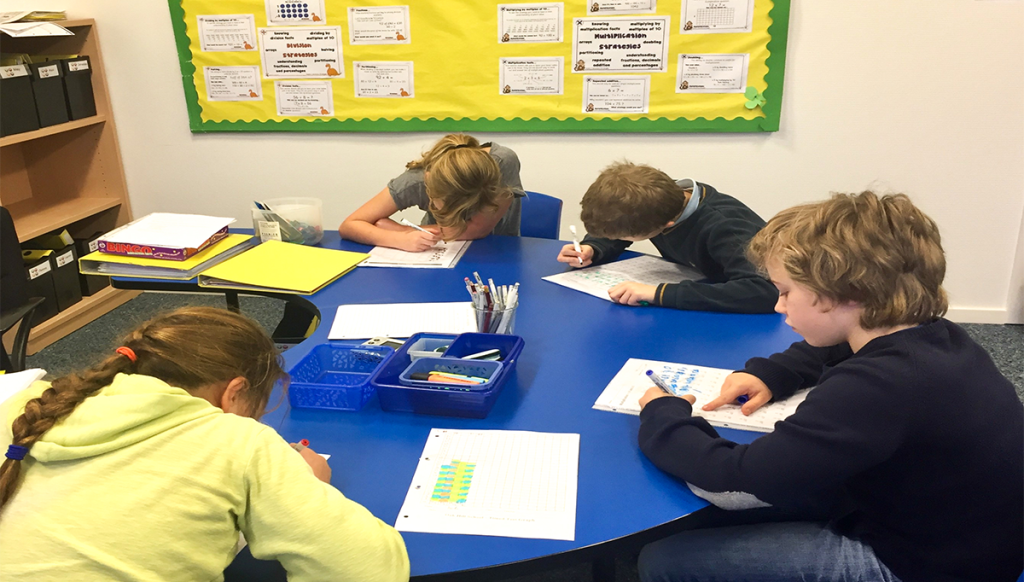Three assumptions made when giving word problems to students
When teachers (or parents) present a student with a word problem, they may think:
- That the student can decode (read) all the words in the problem.
Can they? - That the student understands what the question is asking them once they have decoded the words.
Is that true? - That the student is able to perform the necessary mathematical computations to arrive at the desired answer.
Are you sure about that?
Without labouring the point, word problems are complex and multi-layered and should be recognised as such. Therefore, to be able to complete them independently and confidently, students need to be able to read the problem, comprehend the vocabulary used, (as well as what the question is asking them) and to have the computation skills necessary to solve the problem. That’s often a very big ask! As a result, this type of maths activity can be quite challenging for many students – especially those with reading/writing challenges (dyslexia) and/or dyscalculia. Therefore, working in small steps, using manipulatives with scaffolded support can really help students develop strategies to help themselves work through and enjoy these types of maths activities.
Suggestion number one to help students solve maths word problems
Ensure your students are supported and given plenty of time to think/ask questions by:
- checking they are able to decode the vocabulary/sentence structure in the question
- helping them understand what it is they have to do with the information/operations/figures
- encouraging them to verbalise their understanding and use appropriate computation skills to solve the problem

Sounds simple doesn’t it – and in some ways it is! However, many students may not feel that they receive this sort of assistance or encouragement when they work on word problems. So, to enable our students in their maths work next week – let’s see if we teachers/parents can help them to ‘delve deeper’ into the world of word problems by using Suggestion Number One to assist them.
Next time, I’ll be discussing Suggestion Number Two – teaching students how to successfully approach and tackle Maths word problems. See you then!